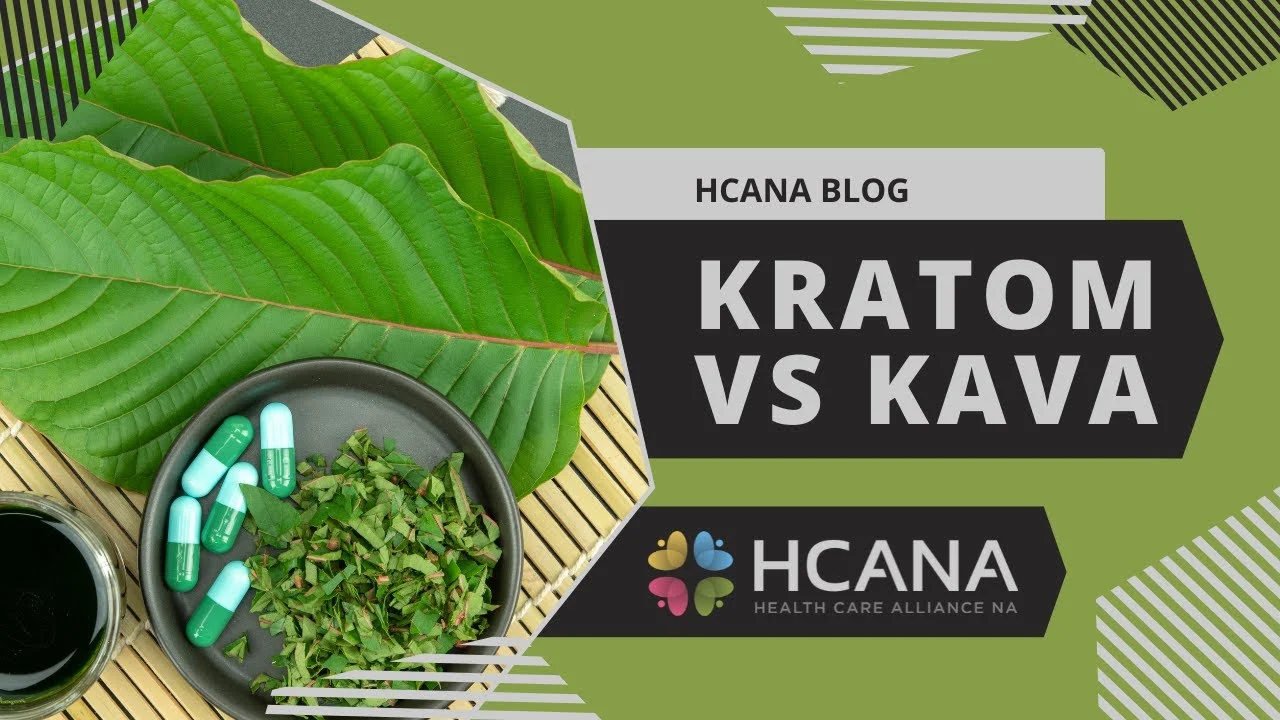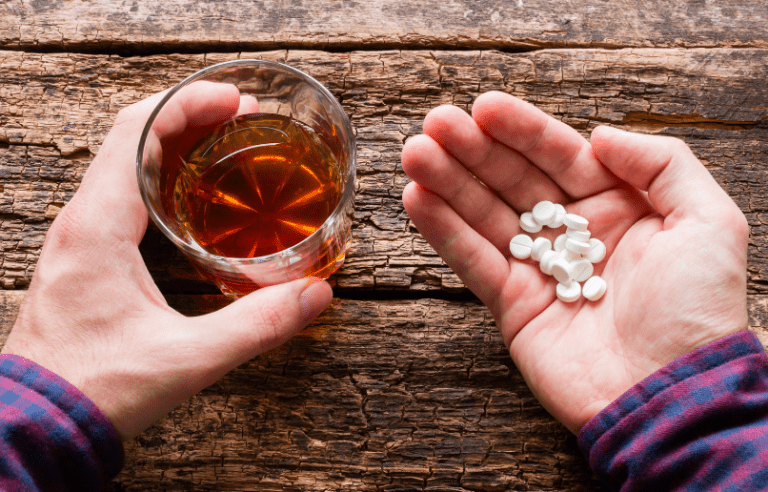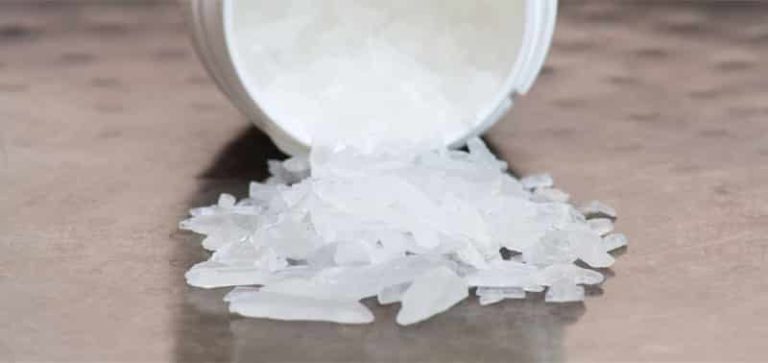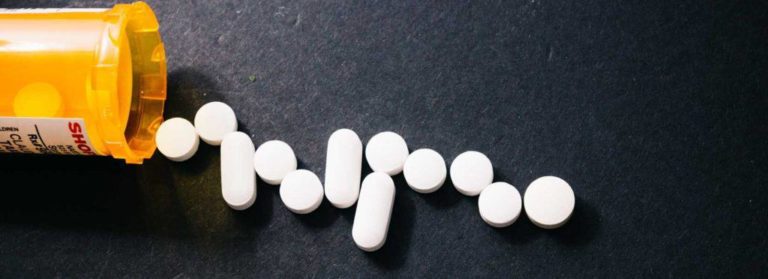The dangers of kratom and kava are not as well known as their heavily-marketed “benefits”. Kratom, kava and other plant-based alternatives to alcohol are all the rage these days. But while they may be more healthy than drinking alcohol, these alternative beverages can also come with some risks. In fact, the U.S. Food and Drug Administration recently issued a warning about kratom, which has been linked to 36 deaths in the last couple of years.
The FDA is concerned about the potential for serious safety risks with this product, including its potential for abuse and risk of addiction. This article will explore the dangers of kratom and kava so you can make an informed decision before trying either one of these products yourself. Keep reading to learn more!
What Is Kratom?
Kratom is a tropical tree (Mitragyna Speciosa) that is native to Southeast Asia. Traditionally, people in Thailand and other countries in the region have used kratom leaves as a herbal remedy to relieve pain, reduce anxiety and improve mood. In recent years, many people in the U.S. have started using the leaves of this tree as an alternative to alcohol. Kratom is available in many forms, including capsules, extracts, leaves, liquids and powder. Kratom can produce feelings of euphoria and relaxation when ingested.
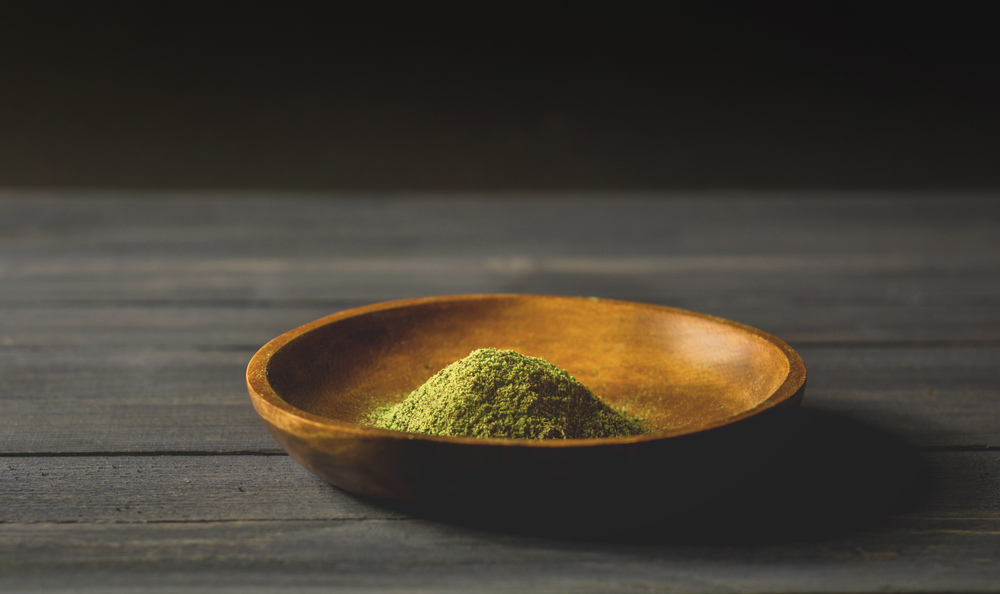
Other effects include feelings of energy and alertness, increased focus, sociability and an improved mood. Kratom is also thought to have anxiolytic and antidepressant properties, which is why many people use it to reduce anxiety and depression and to improve their mood; however, it also holds many dangers.
The Dangers of Kratom
The FDA is currently investigating the potential for serious risks associated with kratom use, including its potential for abuse and the risk of death. In addition to the reported deaths from kratom, the FDA has received almost 2,000 adverse event reports associated with its use. This is more than for all other dietary supplements combined. The main dangers of kratom include:
- Abuse potential: Kratom has similar effects to opioids, so it is possible that people could become addicted to or abuse this alternative to alcohol.
- Death: There are at least 36 deaths associated with the use of kratom, including a number of deaths reported after the FDA issued its warning.
- Other health risks: In addition to the potential for abuse and death, kratom use has been associated with serious side effects, including seizures, liver damage and gastrointestinal issues.
What is Kava?
Kava, also called kava kava, is a tropical plant (Piper Methysticum) that is grown in the South Pacific region. Both the root and leaves of kava are consumed as a drink in many Pacific islands, including Hawaii and Fiji. The young shoots of kava plants are also eaten raw. Kava is derived from the Polynesian term “awa,” which translates to “intoxicating pepper.”
Kava is commonly used as an alternative to alcohol, as well as to relieve anxiety and stress. Kava contains a group of compounds called kava pyrones. These compounds produce effects that are very similar to alcohol when consumed.
Effects of kava include feelings of relaxation and euphoria, as well as sensations of calmness, warmth and sociability. Kava is also thought to have anxiolytic (anti-anxiety) and antidepressant properties, which is why many people use it to reduce anxiety and improve their mood, although kava also contains many hidden threats.
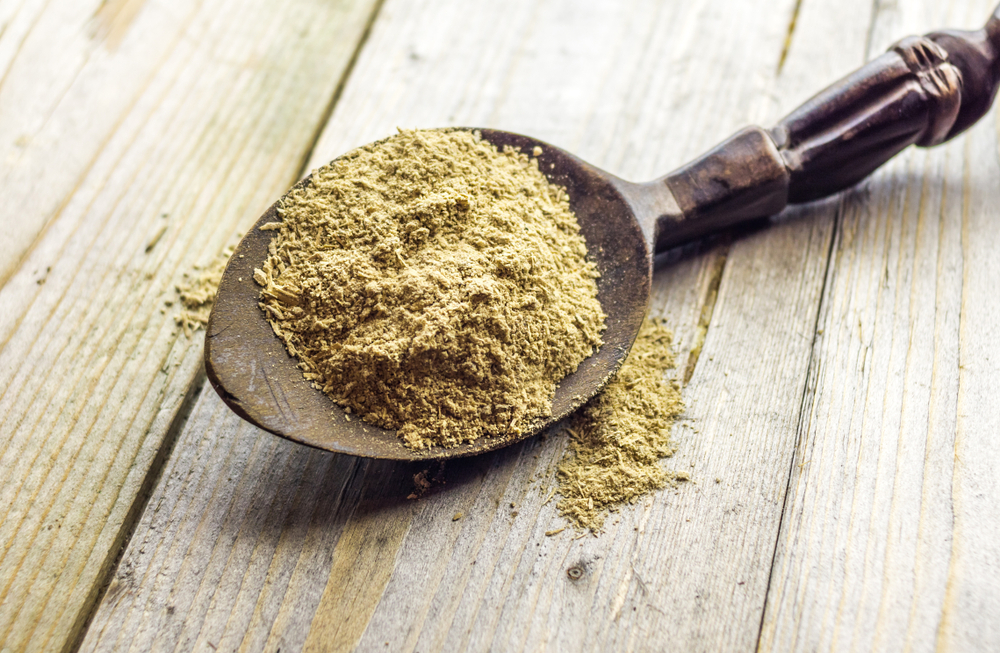
The Dangers of Drinking Kava
Kava is thought to have low potential for abuse and dependence, but it can still cause potentially dangerous side effects. The main dangers of kava include:
- Health risks: Consuming kava can cause a range of serious side effects, including nausea, vomiting, drowsiness, numbness and liver damage. These side effects can be particularly dangerous for people who are pregnant, breastfeeding or on certain medications.
- Contamination risks: Contamination with heavy metals, bacteria and mold is a potential problem with kava. This can cause serious health risks in some people.
- Interaction with certain medications: Kava has the potential to interact with many types of medications, including antidepressants, antibiotics, antifungals and blood pressure medications. The interactions can cause dangerous side effects.
Differences Between Kratom and Kava
The alkaloids present in Kratom directly affect the brain’s opioid receptors, which regulate our response to pain. Kratom alkaloids act on opiate receptor agonists in the same way as morphine or other opiates. From a chemical perspective, Kratom is not an opiate itself, but it produces the same results as opiate medications and carries the same dangers of addiction.
There has been little research on Kratom, but the alkaloids mitragynine and 7-hydroxymitragynine are thought to be the major psychoactive substances. These alkaloids produce opioid side effects that are typical of other opioids. This is why Kratom can be addictive. With time, tolerance to a drug occurs, and there is a withdrawal syndrome when it is discontinued.
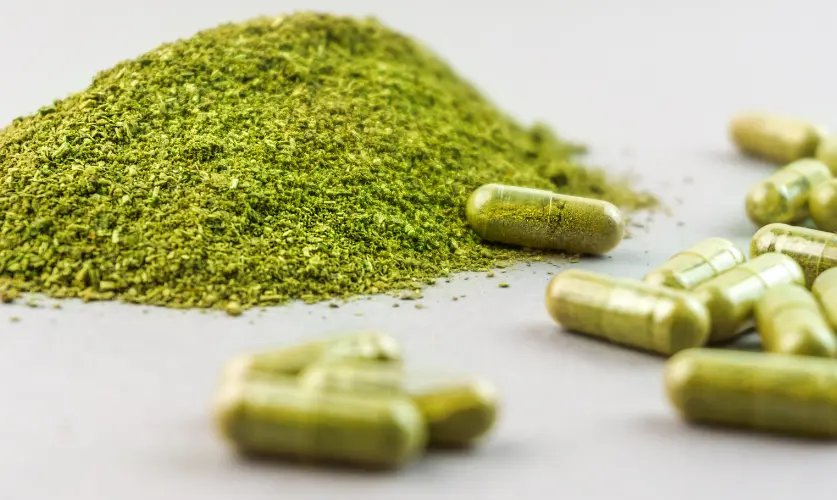
There is a growing amount of scientific data about the chemistry of Kava and its effects on the human body. While kratom scientific research is still in its infancy, the pharmacology of kava is quite different. Kava contains kavalactones, the key active components of the plant, which account for over 90% of its active natural ingredients. The active ingredients in kava vary depending on the variety of the plant and are identified as a plant chemotype.
The limbic system, which is associated with our brains’ emotions, emotional behavior, and motivation, is stimulated by kavalactones in kava. Unlike the alkaloids in Kratom, the kavalactones in kava do not function as opioid agonists and, therefore, do not pose the same risks of opioid side effects, such as addiction.
Legal Status of Kratom and Kava
While Kava remains accessible, Kratom is becoming increasingly regulated and prohibited. The FDA does not consider Kratom as a drug, since it is sold as a dietary supplement. . Despite the agency’s 2014 ban on imports of the plant over concerns that it might be dangerous and even lethal, kratom is still available for sale. Many states have already outlawed it. These states include Indiana, Tennessee, Vermont, and Wyoming. Florida and New Jersey are both waiting for legislation on Kratom until more information is available.
Thailand has prohibited the plant Kratom for more than 70 years since 1943, even though it grows in abundance there. The government banned it because Kratom lowered their revenue from distributing opium. While there have been calls to decriminalize Kratom and remove it from the list of banned drugs, this has not occurred. Kratom’s connection to crime in Thailand could be one of the reasons this has not occurred. In 2011, over 13,000 people were arrested for kratom-related crimes (5% of all drug-related crimes). In Malaysia, the use of Kratom is also prohibited, and users can be punished with up to a year in prison.
Kava, on the other hand, is gaining worldwide acceptance as a natural and safe herbal product. Universities have been researching kava to see if it is as effective as benzodiazepine drugs in treating anxiety, and even whether it might be used to combat cancer cells.
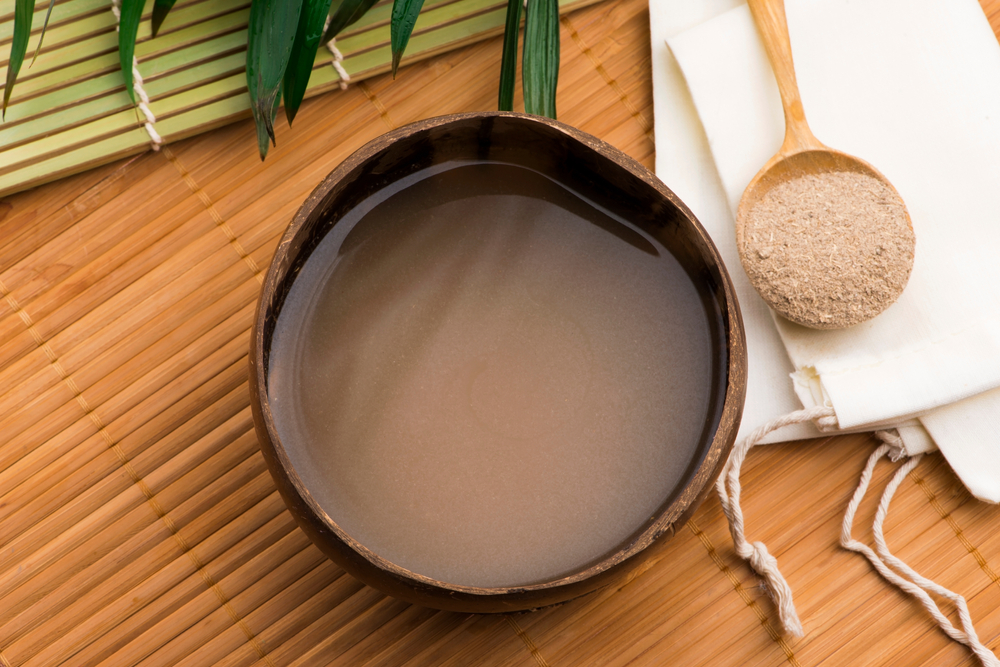
What You Should Know About These Alternatives to Alcohol
Although kratom and kava may be better for your health than alcohol, they come with their own risks, including the potential for abuse and serious side effects. However, there are other natural alternatives to alcohol that are healthier and don’t have significant risks. These include:
- Stimulants such as caffeine to help improve your focus, drive and productivity.
- Relaxants such as yoga and mindfulness can reduce anxiety and improve your mood. They may also help you get better quality sleep.
- Getting enough sleep can improve your mood and reduce feelings of anxiety and stress.
Knoxville Recovery Center Can Help
While kratom and kava may be healthier than alcohol, they come with their own risks. In fact, the FDA is currently investigating the potential for serious risks associated with the use of kratom, including its potential for abuse and death. If you’re looking for healthier alternatives to alcohol, explore the options above. They can help reduce anxiety and improve your mood without the risks associated with kratom and kava.
Fortunately, help is available for those battling addiction and/or mental health issues. Knoxville Recovery Center offers various services to those struggling in any stage of addiction or mental illness.
Services offered:
Detox – Our on-site detox clinic accommodates and supports clients as the body sheds all residual traces of addictive substances. Clients are under medical supervision during the detox process to ensure that they remain safe and comfortable.
Addiction Treatment – During our addiction treatment program, clients will engage in introductory therapies and exercises that work to prepare them for continued, more intensive treatment outside of our facility. The goal of our addiction treatment track is to stabilize clients so that they are treatment-ready.
Mental Health Treatment – Our mental health treatment program introduces behavioral therapies rooted in self-expression and holistic exercise. Art therapy, music therapy, and yoga are just a few forms of therapy we offer at the center. Our goal is to help the client reclaim their voice and expose them to treatment within a professional facility.
Aftercare Planning – Aftercare is designed for individuals who have benefitted from our introductory addiction services and are transitioning into a more intensive addiction treatment program. Once a client is stabilized, they will be encouraged to pursue continued addiction treatment. Our experienced case managers will then work with our clients to place them in a program that addresses their specific wants and needs.
If you feel that you or a loved one is struggling and needs help, our specialists are on standby and ready to help. Call Knoxville Recovery Center and speak with an expert today.



